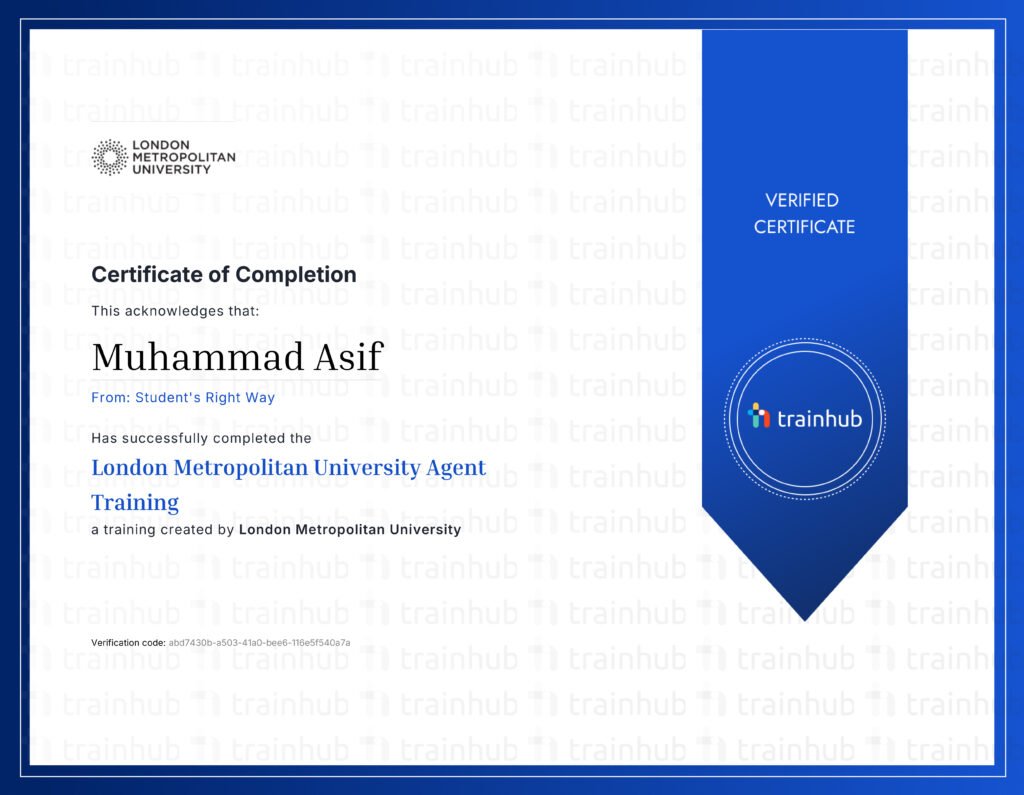The Critical Skills Employment Permit replaces the Green Card type employment permit. The Critical Skills Employment Permit is designed to attract highly skilled people into the labour market with the aim of encouraging them to take up permanent residence in the State.
Eligible occupations under this type of permit are deemed to be critically important to growing Ireland’s economy, are highly demanded and highly skilled, and in significant shortage of supply in our labour market.
Occupations such as ICT professionals, professional engineers and technologists are catered for under this type of employment permit. Eligible occupations are largely determined in line with the regular analyses of the Expert Group on Future Skills Needs with regard to the labor market requirements in respect of strategically important skills. The list of eligible occupations is set out in the Critical Skills Occupations List.
The Critical Skills Employment Permit is attractive for a number of reasons:
- Because the skills are identified as being in short supply, a Labour Market Needs Test is not required.
- Permit holders can apply for immediate family reunification from the Irish Naturalisation and Immigration Service of the Department of Justice and Equality and once their dependants/partners/spouses are resident in the State they are eligible to seek any employment and apply to the Department of Enterprise, Trade and Employment for a Dependant/Partner/Spouse Employment Permit which is currently issued free of charge.
- Permit holders may apply to the Irish Naturalisation and Immigration Service for permission to reside and work without the requirement for an employment permit upon completion of the Critical Skills Employment Permit’s duration.
Other general features of employment permits also apply. For example, the full rigour of Irish Employment Rights law applies to employment permit holders in employment. Also, the employment permit holder may, after serving one year in employment with the original employer as specified on the employment permit, change employer. This is subject to applying for a new employment permit and which is subject to the policy at that time.
The prospective employee or the employer can apply for a Critical Skills Employment Permit. The employment permit will issue to the prospective employee (a certified copy will issue to the employer). The permit allows the prospective employee to be employed in the State by the named employer and in the occupation and location/s specified on the permit. In support of the objectives of the Critical Skills Employment Permit and its generous ancillary benefits they are only issued in respect of a job offer of 2 years’ duration. For job offers of less than 2 years, a General Employment Permit may be applied for.
While the job offer must be of 2 years’ duration, the foreign national is expected to stay with the initial employer for a minimum period of 12 months. In accordance with s12(1)(e) of the Employment Permits Act 2006 as amended, a new employment permit (for a different employer) cannot be considered if less than 12 months has elapsed since the permit holder first commenced employment in the State pursuant to an employment permit. This refusal reason attempts to strike a reasonable balance between, on the one hand, the employer’s expectations that the foreign national remain in his or her employment for a reasonable period of time given the costs involved in recruiting that foreign national and, on the other hand, not unduly binding the foreign national to the employer. However, where the following circumstances apply, the Department may permit a Critical Skills Employment holder to change employer:
- Holder is made redundant;
- Circumstances (unforeseen at time of application) arise that fundamentally change the employment relationship.
Criteria for eligibility
The Department of Enterprise, Trade and Employment examines a number of criteria when assessing Critical Skills Employment Permit applications including a job offer from a bona-fide employer based and trading in Ireland and who is registered with the Revenue Commissioners and, where applicable, the Companies Registration Office/Register of Friendly Societies.
Eligibility for a Critical Skills Employment Permit is largely determined by the type of occupation, and proposed remuneration level. The following are eligible:
- Occupations with a minimum annual remuneration of €32,000 for a restricted number of strategically important occupations contained in the Critical Skills Occupations List a relevant degree qualification or higher is required.
- In the case of a nurse or midwife, a third level degree or diploma accepted by the Nursing and Midwifery Board of Ireland as a sufficient qualification for registration to practice as a nurse or midwife in the State.
- All occupations with a minimum annual remuneration of over €64,000, other than those on the Ineligible List of Occupations for Employment Permits or which are contrary to the public interest. A non-EEA national who does not have a degree qualification or higher, must have the necessary level of experience.
- The prospective employee concerned must have secured a 2-year job offer in respect of the eligible occupation from the prospective employer.
Further criteria include:
- The prospective employee concerned must possess the relevant qualifications, skills and experience that are required for the employment.
- An employment permit will not be granted to companies unless 50% or more of the employees in the firm are EEA nationals at the time of application. However, this restriction may be waived in respect of start-up companies within 2 years of their establishment (that is, registered as an employer with Revenue) and which are supported by the enterprise development agencies, Enterprise Ireland, or IDA Ireland (this applies to client companies of Enterprise Ireland or IDA Ireland only).
The full details of what is required are set out on the application form and include:
- A full description of the proposed employment,
- Starting date,
- Annual remuneration excluding bonuses, and
- Information in respect of the qualifications, skills or experience required for the employment.
Remuneration criteria
In order to achieve the minimum remuneration threshold of €32k or €64k for a Critical Skills Employment Permit the following components are deemed to be remuneration:
- Basic salary to achieve at least National Minimum Wage or a rate of pay fixed under or pursuant to any enactment, as the first component of the remuneration package and
- Health insurance payments made to a health insurer registered with the Health Insurance Authority on its Register of Health Benefits Undertakings under Section 14 Health Insurance Act, 1994 or what the Minister is satisfied is the equivalent.
The application process
An application for any employment permit must be received at least 12 weeks before the proposed employment start date.
An application for a Critical Skills Employment Permit can be made online on the Employment Permits Online System (EPOS). There is a User Guide (PDF document) available on the online system which guides the applicant through the process and details the documentary requirements for each employment permit type.
Before you start your application please see our Critical Skills Employment Permit Checklist (PDF document) which will assist the process.
There are up to three stages in the passage of an employment permit application:
- Application received (awaiting processing): Once an application is submitted and the associated fees, if appropriate, are recorded the application is then placed in the relevant processing queue depending on the Employer type, that is, Trusted Partner or Standard. Please note that applications are processed strictly in date order by Employer Type and applicants can keep track of our current processing dates. They can also check the progress of their specific application online on our Online Status Update Enquiry facility.
- Processing stage: This stage is where the application is considered by a decision maker, an official with decision making authority. The processor may request additional information, if required, which should be returned within 28 days. The processor will then either grant an application or refuse it for specific reasons.
- Review: Where an applicant wishes a refusal decision to be reviewed then he/she may do so within 28 days on the prescribed Submission of a Decision for Review Form. The review will be considered by a separate and more senior official. The confirmation of a refusal decision on review does not preclude the applicant from submitting a new application following all of the relevant procedures for the specific employment permit type.
Fee
The processing fee for a Critical Skills Employment Permit is €1,000. If an application is unsuccessful then 90% of the fee will be refunded. While the fee may be paid by a third party, current policy restricts refunds to applicants only (for example, if the applicant was an employee and the employer paid the fee, then the refund will still issue to the employee). Detailed information on fee requirements and certain waivers can be found on our Fees for Employment Permits page.
Where the employer is the applicant, in accordance with section 23 of the Employment Permits Act 2006, the employer may not make any deductions from the remuneration of, or seek to recover from, the holder of the employment permit concerned any charge, fee or expense related to the application.
Residency
Following a successful application for an employment permit, and if visa required, an applicant should apply to his/her local Irish Embassy/Consulate for an entry Visa. An online visa application form may be found at inis.gov.ie. Contact details for Irish Embassies/Consulates and a list of visa required countries may be found on the Department of Foreign Affairs website dfa.ie.
Any persons wishing to enter the State, whether visa required or not, are subject to the usual immigration controls at the port of entry. Therefore, all relevant and supporting documentation, including the original employment permit, must be available for inspection by an Immigration Officer. Entry to the State is always at the discretion of the Immigration Officer.
An employment permit is not a Residence Permission. In order to be lawfully resident in the State, it is a requirement that all non-EEA nationals in possession of an employment permit must register with the Garda National Immigration Bureau. It is in the best interest of the persons concerned to register as soon as possible following arrival. Delay in registering with Garda National Immigration Bureau could affect applications in the granting of long-term residency and/or citizenship. Immigration permission to remain should, where applicable, be renewed at least one month before the expiry date in order to avoid unlawful presence in the State.
In certain circumstances, an employment permit may issue to persons already lawfully residing in the State on another immigration permission, who are the holders of valid Garda National Immigration Bureau cards, and who have been offered employment in an eligible occupation. In this instance, on receipt of the employment permit, the persons concerned must register their change of status with the Garda National Immigration Bureau.


